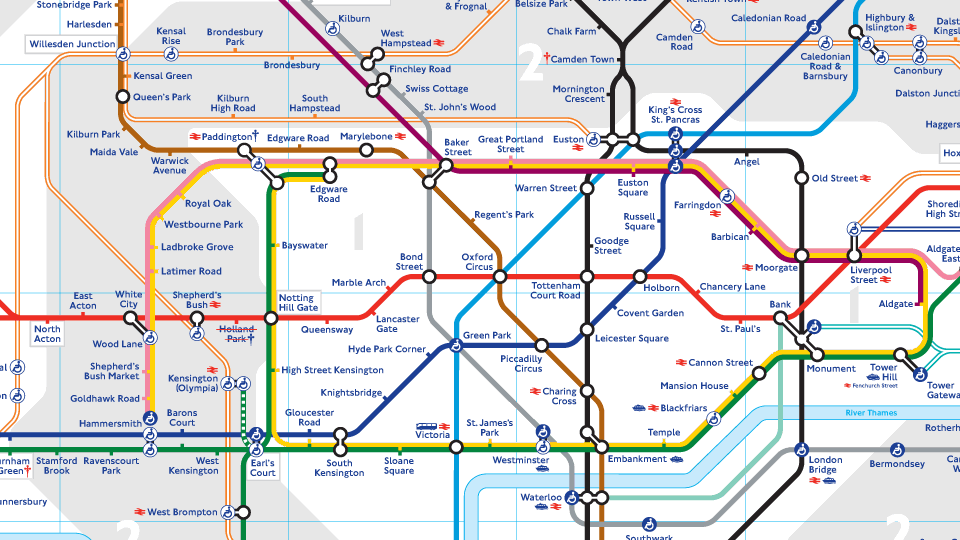Google’s AI has taught itself to navigate London’s tube
It’s already miles ahead of many of us

Scientists at Google have created an artificial intelligence (AI) system that’s able to use basic reasoning to learn its way around the London underground system.
It’s not the most difficult task – though we’d be lying if we said we hadn’t struggled with it ourselves – but what’s really impressive about this achievement is that it’s the first time external memory has been combined with the deep learning approach. Deep learning is the process by which a computer program learns to perform tasks independently without the need for instructions pre-programmed by a human.
Recently deep learning has become a popular process to use for language translation, image recognition, and most notably it was the system that enabled a computer to beat Lee Sedol at Go.
Deep learning is going deeper
Until now, though, it’s proven difficult to successfully apply the technique to tasks such as navigation because the ability to separate large amounts of information into sections and re-combine them is required.
Google has overcome this deep learning limitation by adding external memory to the program which allows it to temporarily store information and access it when it’s needed – kind of like how our short term memory works.
The study, published in the journal Nature, details that the program was able to find the quickest route between different tube stops and could predict where it would end up if it traveled so far in a particular direction
The system was also able to answer questions about short story snippets it was fed. For example, if the system was told “John is in the playground. John picked up the football” and then asked “where is the football?”, it was able to answer. In fact, the system was able to answer questions like this correctly 96% of the time.
Sign up for breaking news, reviews, opinion, top tech deals, and more.
Developing a system that’s capable of performing tasks like this through reason and logic has scientists predicting much more helpful and efficient virtual assistants in our future.
Google DeepMind has posted a video of the program identifying family relationships though analyzing a family tree to show its capabilities.

Emma Boyle is TechRadar’s ex-Gaming Editor, and is now a content developer and freelance journalist. She has written for magazines and websites including T3, Stuff and The Independent. Emma currently works as a Content Developer in Edinburgh.
